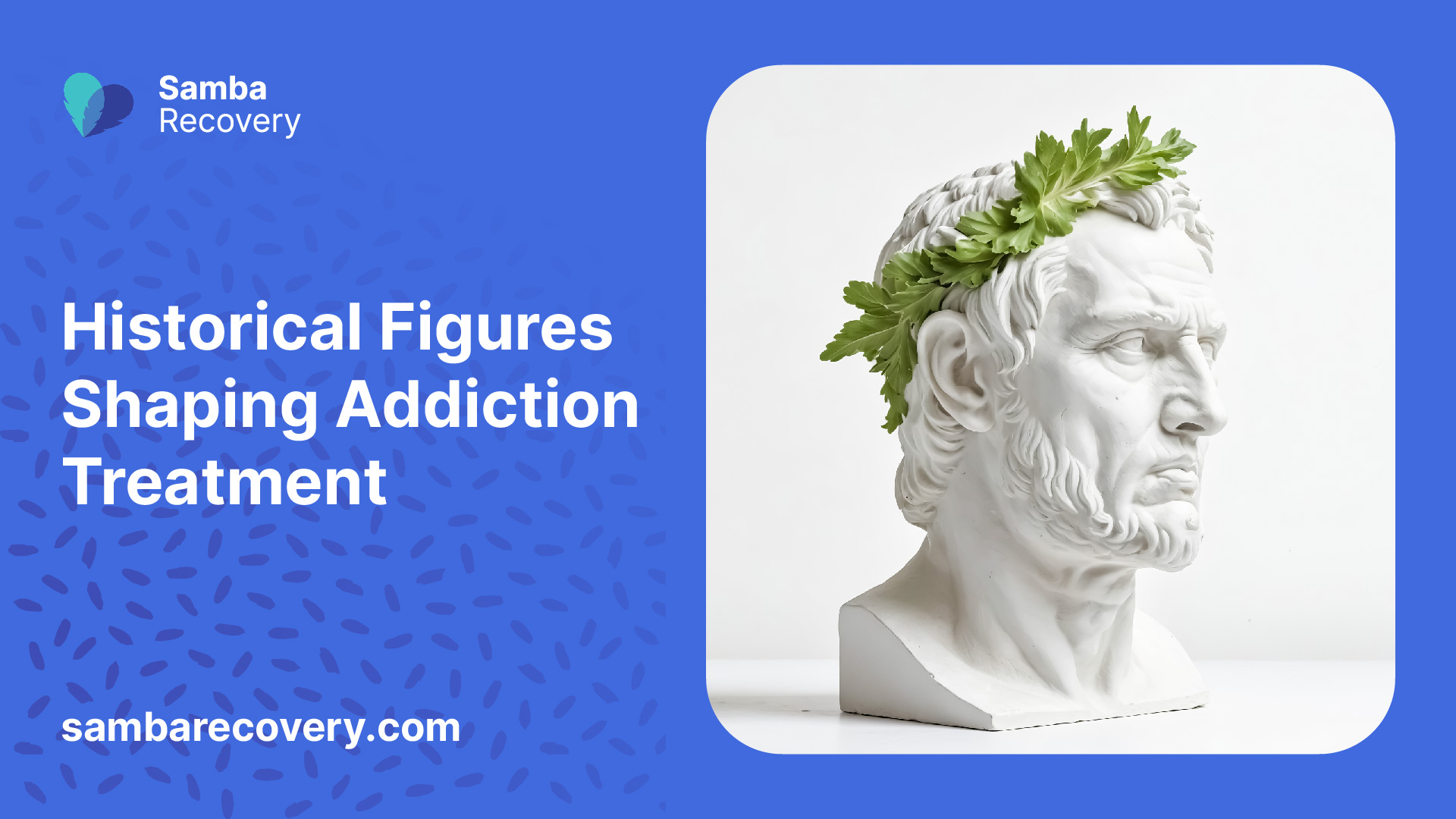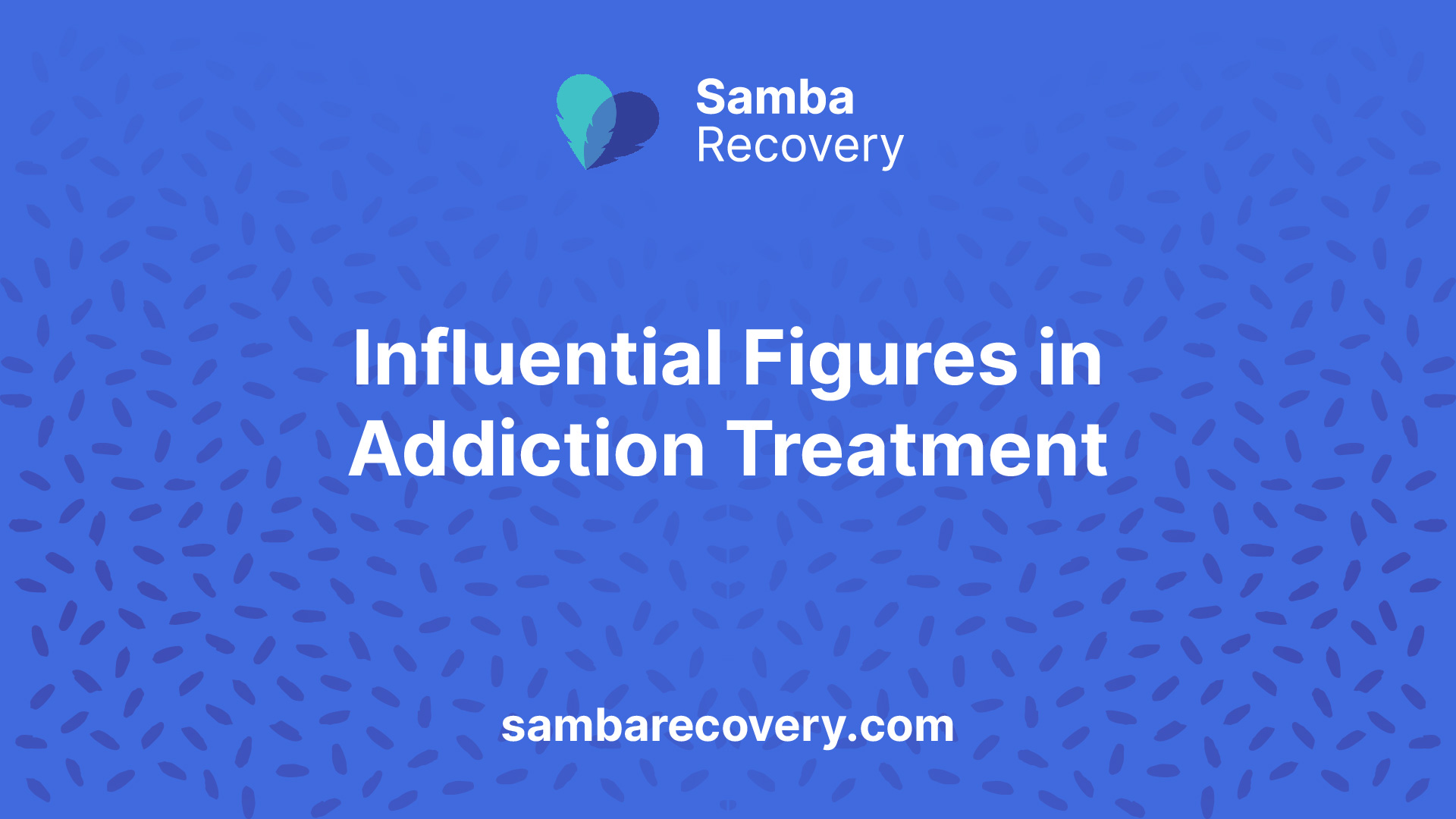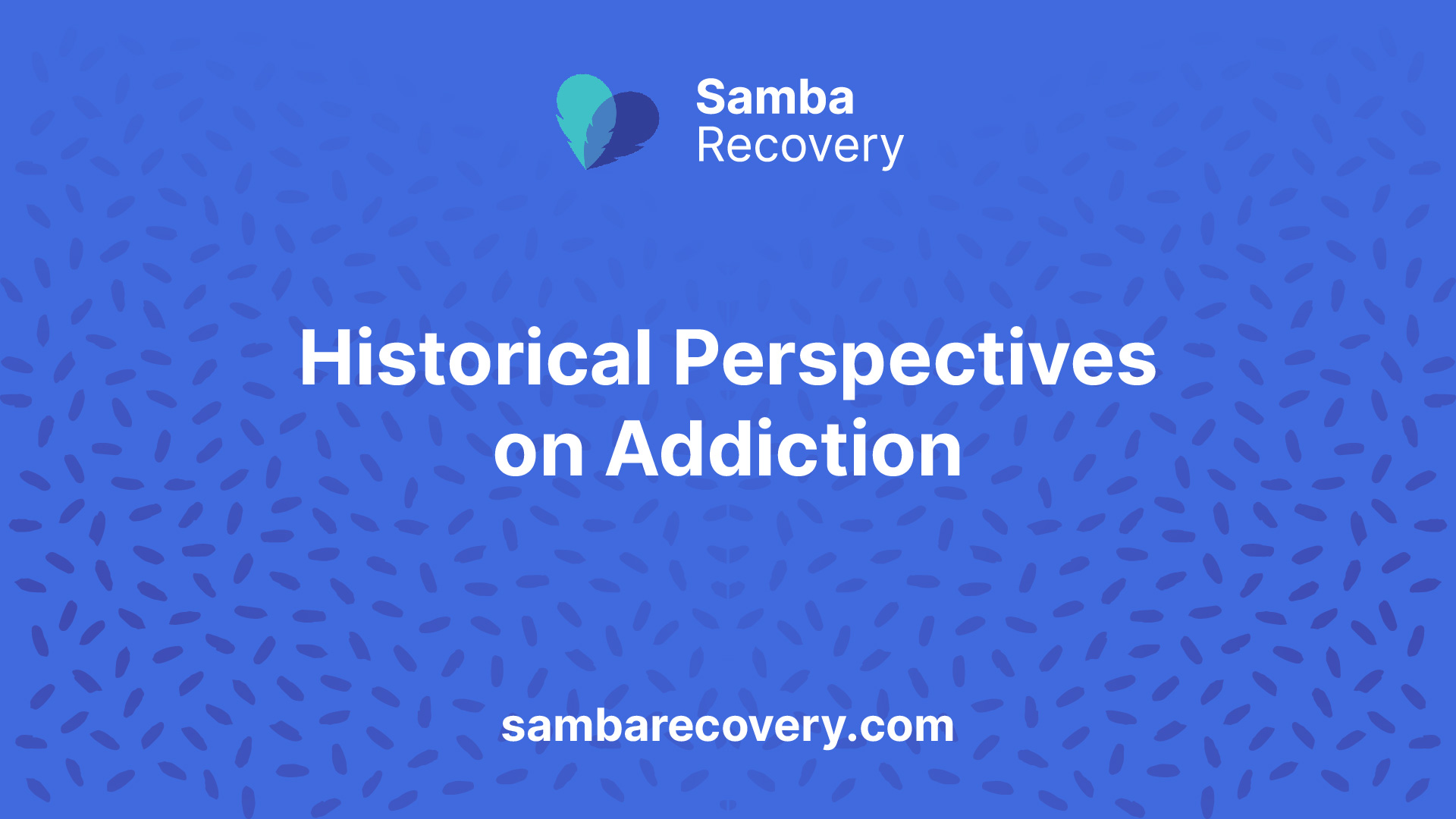
Notable Figures in Addiction Treatment
Dr. Benjamin Rush’s Compassionate Approach
Dr. Benjamin Rush was a pioneer in addiction treatment, recognized as one of the first medical professionals to categorize alcoholism as a disease in the late 1700s. His approach was groundbreaking, promoting compassionate and humane methods rather than the punitive measures commonly employed during that era. Rush’s work laid the foundation for modern addiction treatment, emphasizing empathy and medical intervention over punishment.
Ulysses S. Grant’s Journey to Recovery
Ulysses S. Grant, the 18th President of the United States, is another significant figure in the history of addiction treatment. Grant faced persistent battles with alcohol throughout his life, which notably impacted his military career during the Civil War [1]. Despite these challenges, he eventually overcame his addiction and became an advocate for temperance. His journey to recovery serves as an inspiring example of resilience and the possibility of overcoming addiction.
Edgar Allan Poe’s Struggles with Alcohol Abuse
Edgar Allan Poe, known for his literary contributions, struggled with alcohol abuse during the early 1800s. His addiction significantly affected his life and work, ultimately contributing to his premature death at the age of 40 [1]. Poe’s struggles highlight the devastating impact of addiction and the importance of effective treatment approaches.
These historical figures each played a role in shaping the understanding and treatment of addiction, demonstrating the complexities and challenges associated with addiction recovery. Their stories underscore the importance of compassionate care and the continued evolution of treatment methodologies.

Influential Figures in Addiction Treatment
Sigmund Freud’s Battle with Cocaine Addiction
Sigmund Freud, a pioneering figure in psychology, grappled with cocaine addiction during a significant part of his life. Initially, Freud advocated for the use of cocaine as a therapeutic agent, believing it could treat various physical and mental ailments. Over time, however, he recognized the detrimental effects of cocaine, including dependency and severe health issues. This realization led him to shift his focus away from cocaine, ultimately contributing to the broader understanding of substance abuse and its impacts.
Winston Churchill’s Well-Documented Alcoholism
Winston Churchill, the renowned British statesman and leader during World War II, had a well-documented struggle with alcohol addiction. Churchill often relied on alcohol to cope with the immense stress and pressures of his political career. Despite his addiction, he maintained his influential role, demonstrating the complex relationship between high-functioning individuals and substance abuse. His battle with alcoholism sheds light on the challenges faced by many in positions of power [1].
| Figure | Substance | Impact on Life |
|---|---|---|
| Sigmund Freud | Cocaine | Shifted focus to other areas of study |
| Winston Churchill | Alcohol | Managed stress and political pressures |
Benjamin Franklin’s Method of Self-Control
Benjamin Franklin, one of the Founding Fathers of the United States, developed a unique method of self-control to manage his alcoholism. Franklin’s approach involved meticulously charting his behavior, recording daily activities, and setting a personal limit of one drink per day. This method of self-regulation not only helped Franklin manage his addiction but also inspired many individuals on their recovery journeys. His innovative approach highlights the importance of self-awareness and discipline in overcoming substance abuse.
| Figure | Method of Control | Outcome |
|---|---|---|
| Benjamin Franklin | Charting behavior, daily limits | Inspired self-regulation in recovery |
These historical figures have each played a role in shaping the understanding and treatment of addiction. Their experiences underscore the complexities of substance abuse and the various methods individuals have employed to manage their dependencies.

Evolution of Addiction Treatment Models
The evolution of addiction treatment has seen significant changes over the years, shaped by various models and approaches. Here, we explore the Disease Model of Addiction, the Medical Model of Addiction, and advancements in Medication-Assisted Treatment (MAT).
The Disease Model of Addiction
The Disease Model of Addiction emerged in the early 20th century, recognizing addiction as a chronic condition that requires ongoing management and treatment. One of the key figures in this shift was Dr. Benjamin Rush, who in the late 1700s was among the first to recognize alcoholism as a disease. His work promoted compassionate and humane treatment approaches, which laid the foundation for modern treatment strategies.
This model views addiction as a disease that affects both the brain and behavior, requiring medical intervention and continuous care. It emphasizes that addiction is not merely a moral failing but a medical condition that can be treated.
The Medical Model of Addiction
The Medical Model of Addiction, which gained prominence in the 19th century, treats addiction as a medical condition requiring intervention and treatment from healthcare professionals. This model acknowledges the complex interaction of biological, psychological, and social factors in addiction. It treats addiction similarly to other chronic conditions like diabetes or hypertension.
According to this model, effective addiction treatment should involve a comprehensive approach, including medical, psychological, and social support. This holistic view has led to the development of integrated treatment programs that address all aspects of an individual’s well-being.
Medication-Assisted Treatment (MAT) Advancements
Medication-Assisted Treatment (MAT) has revolutionized the field of addiction treatment by combining medications with counseling and behavioral therapies. MAT has been shown to improve treatment outcomes and reduce the risk of relapse, particularly for opioid and alcohol addiction.
MAT utilizes FDA-approved medications to normalize brain chemistry, block the euphoric effects of substances, relieve physiological cravings, and normalize body functions without the negative effects of the abused drug. Combining these medications with counseling and behavioral therapies has proven to be an effective approach to treating substance use disorders.
| Treatment Component | Description |
|---|---|
| Medications | FDA-approved drugs to normalize brain function and reduce cravings |
| Counseling | Behavioral therapies to address psychological aspects of addiction |
| Support Services | Social support and case management to address social factors |
The integration of these components provides a comprehensive treatment plan that addresses the multifaceted nature of addiction. This approach has been particularly successful in treating opioid use disorders, where medications like methadone, buprenorphine, and naltrexone are commonly used.
The evolution of addiction treatment models reflects the growing understanding of addiction as a complex and multifaceted condition. From recognizing addiction as a disease to integrating medical and behavioral therapies, these models have significantly shaped modern addiction treatment practices.

Revolutionary Treatment Approaches
Methadone Maintenance Therapy
Methadone Maintenance Therapy (MMT) was developed in the mid-20th century by Dr. Vincent Dole and Dr. Marie Nyswander. Their groundbreaking research led to the use of methadone as a treatment for heroin addiction, significantly changing the landscape of addiction treatment. MMT helps individuals stabilize their lives and reduce the harms associated with illicit drug use.
| Metric | Value |
|---|---|
| Year Developed | 1960s |
| Key Figures | Dr. Vincent Dole, Dr. Marie Nyswander |
| Primary Use | Opioid Addiction |
| Success Rate | Varies by individual |
Holistic Approaches in Addiction Recovery
Holistic approaches in addiction recovery have gained prominence by incorporating various complementary therapies. These methods include mindfulness, meditation, yoga, art therapy, and nutrition counseling. Holistic therapies aim to support individuals in their journey towards recovery by addressing the physical, emotional, and spiritual aspects of addiction [5].
| Holistic Therapy | Description |
|---|---|
| Mindfulness | Practices that focus on present-moment awareness. |
| Meditation | Techniques for achieving mental clarity and emotional calm. |
| Yoga | Physical postures and breathing exercises to enhance well-being. |
| Art Therapy | Creative expression to process emotions and experiences. |
| Nutrition Counseling | Dietary guidance to support physical health and recovery. |
Impact of Alcoholics Anonymous (AA)
Alcoholics Anonymous (AA), established in 1935, revolutionized addiction treatment in America by introducing the concept of mutual support and the 12-step program. This approach emphasized personal accountability, spirituality, and fellowship, providing hope and community for individuals struggling with addiction.
| Key Elements of AA | Description |
|---|---|
| Year Established | 1935 |
| Founders | Bill Wilson, Dr. Bob Smith |
| Core Approach | 12-Step Program |
| Focus Areas | Personal Accountability, Spirituality, Fellowship |
These revolutionary approaches have played pivotal roles in shaping modern addiction treatment, offering diverse options for individuals seeking recovery.

Historical Perspectives on Addiction
Early Pioneers in Addiction Treatment
Early pioneers in addiction treatment laid the groundwork for modern approaches to managing and overcoming addiction. Among these figures were Samuel Hahnemann and Augustus Neveu, who made significant contributions in the mid-18th to 19th centuries. Their work helped shift the perspective from moral failings to a more scientific understanding of addiction.
In 1752, the first mental health hospital in the US opened, where practices like purging, bloodletting, and isolation were common therapeutic procedures. These methods, now considered offensive and obsolete, indicate the growth and evolution in the field of mental health [7].
| Early Pioneer | Contribution |
|---|---|
| Samuel Hahnemann | Developed homeopathic treatments for addiction |
| Augustus Neveu | Pioneered early addiction treatment methods |
| Lightner Witmer | Opened the first psychological clinic in 1896 |
Shifting Societal Perceptions of Addiction
Societal perceptions of addiction have shifted dramatically over the centuries. Initially, addiction was often seen as a moral failing or a lack of willpower. However, with advancements in medical and psychological sciences, addiction began to be understood as a complex condition influenced by various factors, including genetics, environment, and mental health.
The opening of the first psychological clinic by Lightner Witmer in 1896 marked a significant shift towards diagnosing mental health conditions rather than attributing them to “supernatural” causes. This shift paved the way for more humane and effective treatment approaches for addiction and other mental health disorders.
Contributions of American Society of Addiction Medicine (ASAM)
The American Society of Addiction Medicine (ASAM), founded in 1954, has been instrumental in shaping the field of addiction treatment. ASAM established addiction medicine as a board-certified specialty area in 1988, promoting evidence-based practices and professional development in the field.
ASAM’s contributions include:
- Establishing standards for addiction treatment
- Promoting research and education in addiction medicine
- Advocating for policies that improve access to care
| Year | Milestone |
|---|---|
| 1954 | ASAM founded |
| 1988 | Addiction medicine recognized as a board-certified specialty |
| Ongoing | Promotes evidence-based practices and policies |
For those seeking a unique rehab center in Georgia, understanding the historical figures in addiction treatment can provide valuable insights into the evolution and effectiveness of contemporary treatment approaches.
References
[1]: https://www.armsacres.com/blog/historical-figures-in-addiction-treatment
[2]: https://www.northstarbehavioralhealthmn.com/resources/historical-figures-in-addiction-treatment
[3]: https://www.aristarecovery.com/blog/historical-figures-in-addiction-treatment
[4]: https://cornerstoneofrecovery.com/a-history-of-addiction-and-addiction-treatment/
[6]: https://www.legendsrecovery.com/blog/historical-figures-in-addiction-treatment
[7]: https://www.betterhelp.com/advice/therapy/a-brief-history-of-therapy-where-it-all-began/






